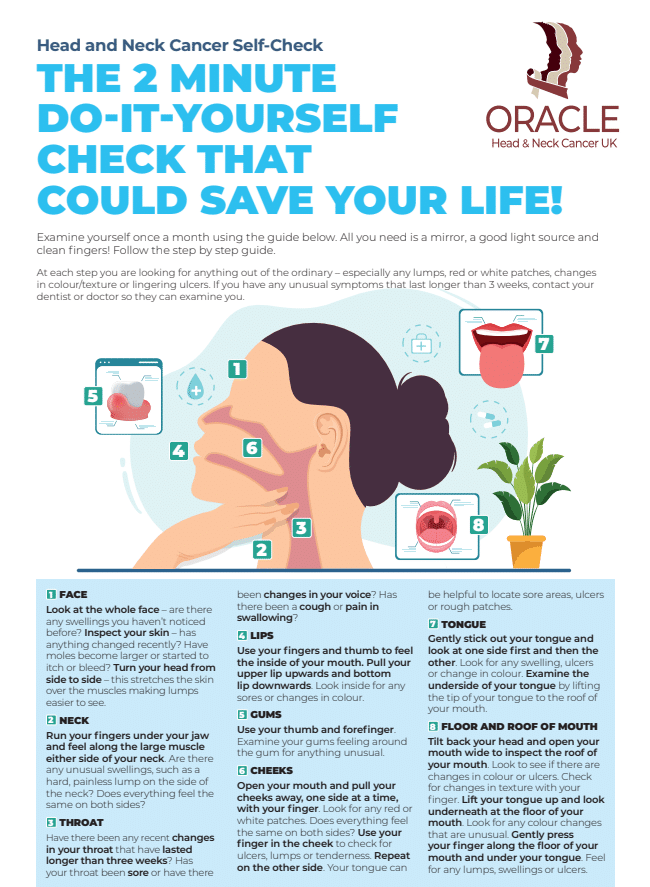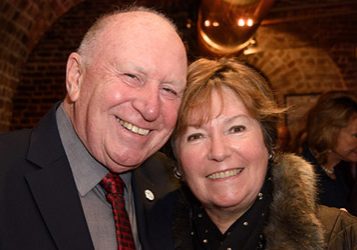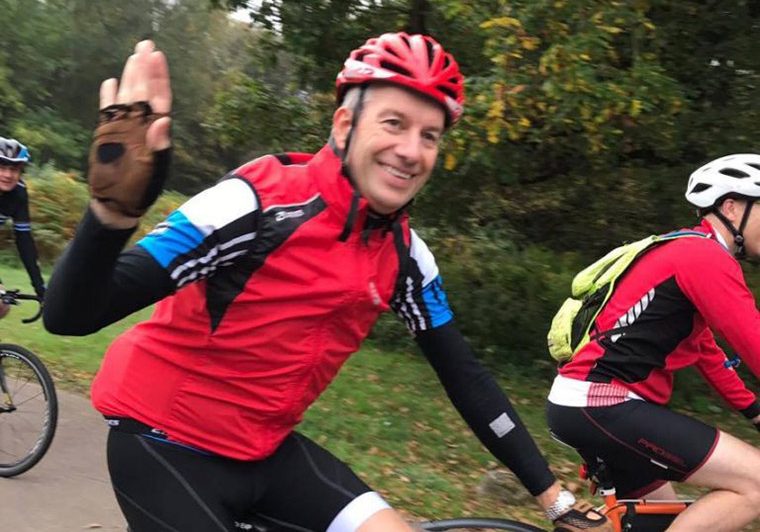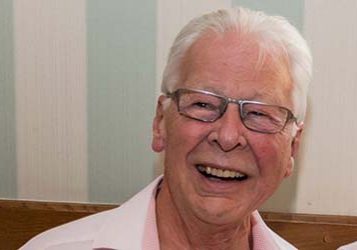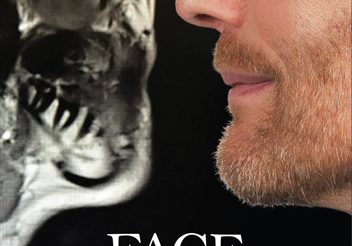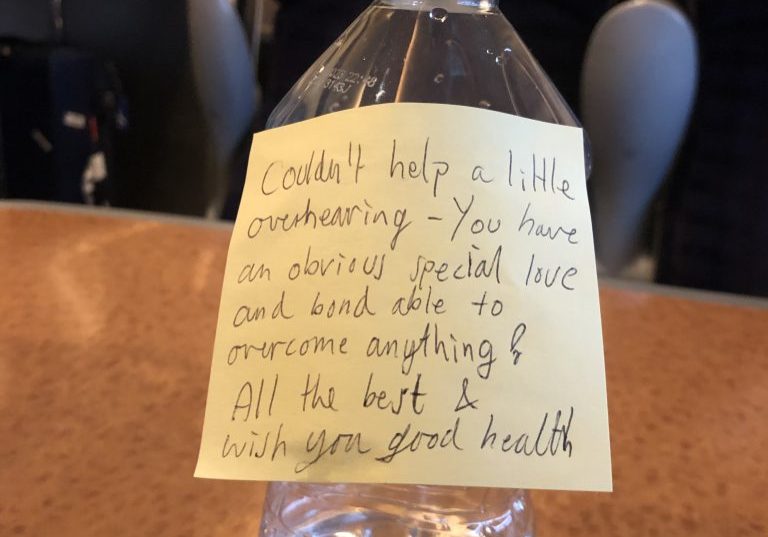NHS worker Rob Shaw urges men to talk about their symptoms
Robert Shaw, who discovered a lump whilst shaving, was diagnosed with Head and Neck Cancer and sadly passed away in July 2023. Rob was passionate about making a real difference, using his senior NHS leadership role within Greenwich and an as Ambassador for Oracle Head & Neck Cancer UK.
We would like to continue his good work to highlight the signs and symptoms of Head and Neck cancer.
Rob’s mission – helping men to “man up!”
An NHS worker forced to endure months of painful treatment after being diagnosed with cancer at a late stage has urged men to open up earlier about their worrying symptoms to friends and family. Robert Shaw, 54, has been joined by his young son, George, 11, in his mission to get men to talk about their feelings and any health concerns they have, to mark International Men’s Day (19th November).
Rob believes that if we start encouraging young boys at an early age to talk openly about any concerns amongst friends, we will remove the stigma around men needing to ‘man up’ and will save countless lives in the long run.
Men should be more aware of what their bodies are telling them
Rob who was diagnosed with Head and Neck cancer in 2018 and most recently again in July 2022, has sent an urgent plea urging men to not ignore symptoms and reach out to loved ones and health professionals as soon as possible.
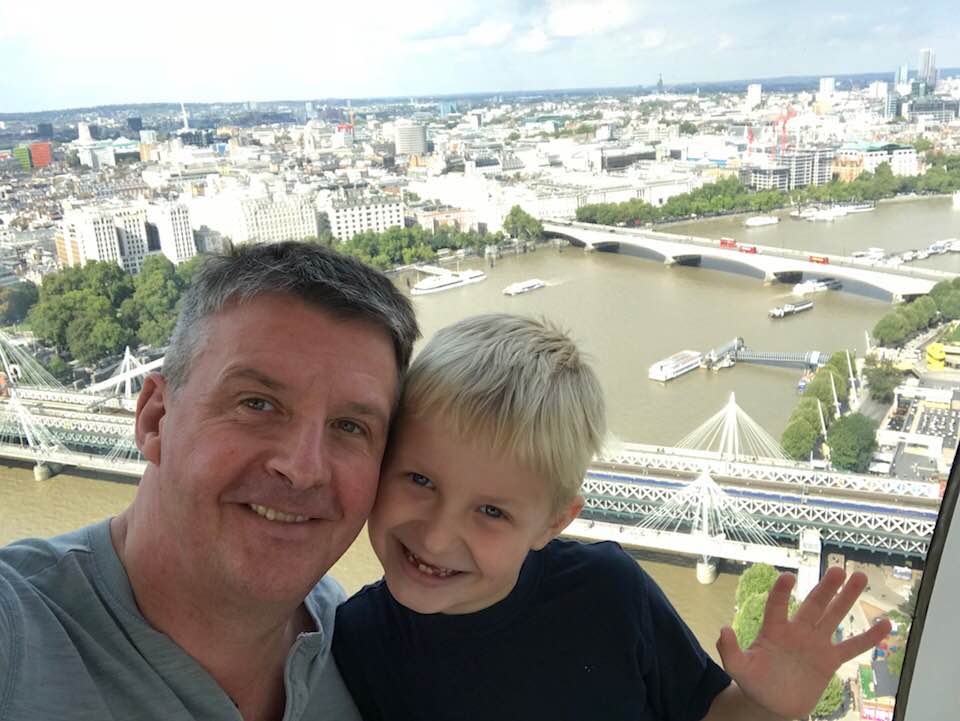
Recent research suggests that 85% of men don’t open up about their struggles to friends* and Rob wants to use the day to encourage men to confide in each other and their families.
Talk about your symptoms to catch it early
There are over 12,500 people a year diagnosed with Head and Neck cancer in the UK. It is the 4th most common cancer that affects men and in particular those of working age, yet it has no national profile. If caught early, depending on the type and location of the tumour the survival rate significantly increases.
Rob said: “Facing cancer for a second time, I am determined to beat it and carry on living life. This time I didn’t wait, and I got help straight away, received a diagnosis within 12 days of seeing my consultant and started much less invasive treatment weeks later. Getting cancer is very scary, and having to tell my family especially my children, that Dad had cancer for a second time was very difficult and emotionally took me to the cleaners and back again.
“Talking about my cancer and the support of my family, friends and work colleagues has helped me tremendously, I couldn’t cope without them – it’s that simple. My youngest son, George, has joined me in my campaign appearing on my Instagram page, @robscancercheck, as well as on a recent podcast interview with Lads Talk Health.
“It’s so brave of George, an 11-year-old boy, to go through this for a second time and have the courage to speak about it. He’s a great example of a young man who isn’t afraid to talk about his feelings and is a role model to me, and I hope to others too.
“I want to give Head and Neck cancer a national profile and do everything I can, through the support of Oracle Head & Neck Cancer UK, to ensure everyone knows the signs and symptoms to seek help straight away.”
Symptoms differ from individual to individual but can include a painless lump, persistent sore throat, difficulty swallowing, white or red patches in your mouth, sore tongue and ulcers that don’t heal. If you experience any one of these symptoms for more than 3 weeks see your GP or Dentist. The quicker head and neck cancer is diagnosed, the higher chance of a successful outcome.
Immunotherapy treatment
Rob was given ground-breaking immunotherapy treatment (Pembrolizumab) at University College Hospital, London. This treatment reprogrammes elements of the immune system and the body goes on the attack to kill the cancer, which eliminated the need for Rob to undergo invasive surgery. Sadly the treatment did not save his life and he passed away in July 2023.
International Men’s Day is about making a positive difference to the wellbeing and lives of men and boys and also promoting positive conversations.
Patient Stories
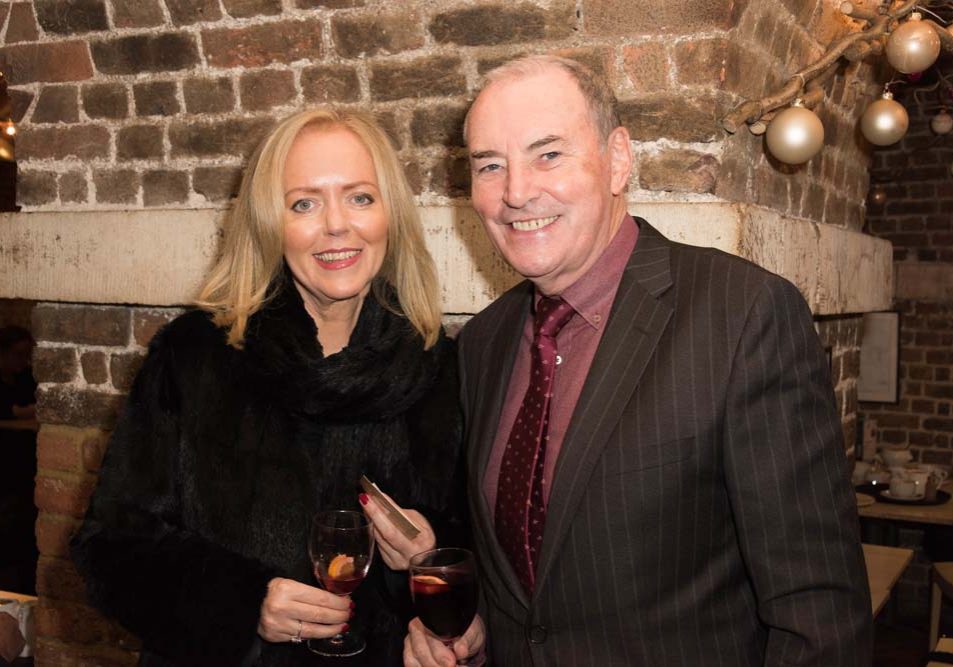
Suzie Cooke – a lesson in not taking ‘no’ for an answer
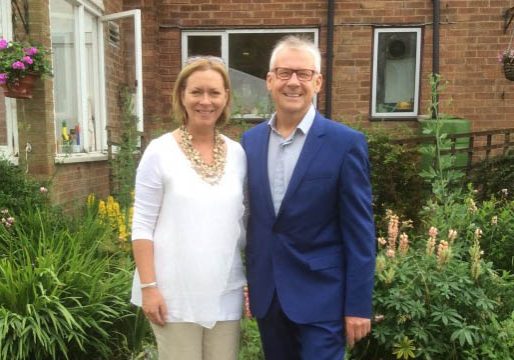
Nigel Lloyd-Jones – being told “you have cancer” is life changing
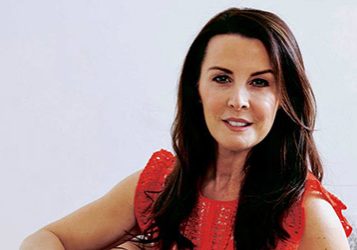
Belinda Gilfoyle – a slow recovery and learning to stay positive

Salivary Ductal Adenocarcinoma news “hit me like a train”



